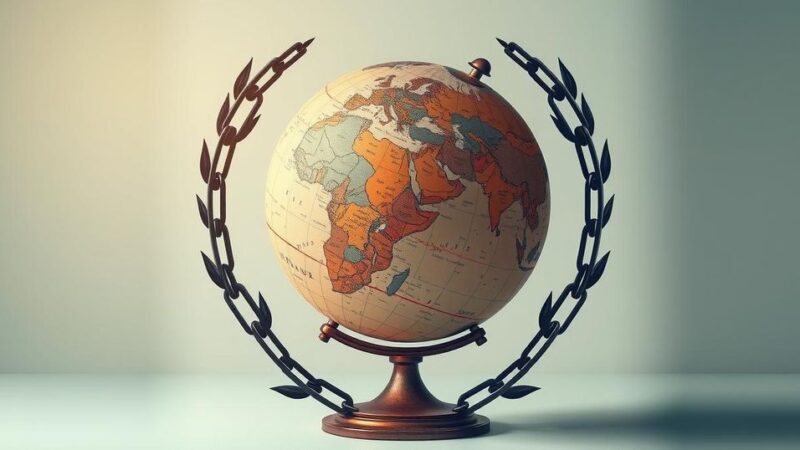The EU has stated it cannot fully compensate for the funding gap resulting from USAID’s suspension of aid in Africa. While the EU remains committed to humanitarian support with a budget of $1.9 billion for 2025, it acknowledges that it cannot fill the widening financial void left by the U.S. aid cut, which has caused significant service disruptions across the continent.
The European Union (EU) has announced that it is unable to fully cover the funding shortfall resulting from the suspension of international aid programs by the United States. This situation is particularly concerning for African governments that are striving to maintain essential services amidst this funding crisis. Notably, the EU is the largest collective donor, having contributed nearly $100 billion, while USAID allocated over $11 billion to African humanitarian and health initiatives in 2024.
The impact of the USAID aid freeze has already been felt across various offices in Africa, leading to significant service disruptions. A spokesperson from the European Commission confirmed the EU’s dedication to humanitarian efforts but also highlighted the increasing difficulties posed by the situation. “We will not step back from our humanitarian commitments,” the spokesperson stated, indicating that the EU’s humanitarian budget for 2025 is projected at $1.9 billion, with $510 million earmarked for Africa.
Despite the EU’s commitment to humanitarian support, the spokesperson conceded that the organization cannot fill the widening funding gap left by U.S. aid suspensions. They emphasized that the continuing gap is deepening, resulting in millions remaining in need of assistance. “The funding gap is getting bigger, leaving millions in need. The EU cannot fill this gap left by others,” the spokesperson noted, underscoring the urgent need for diversified donor assistance to address the crisis.
In summary, the European Union recognizes its limitations in addressing the funding shortfall caused by the temporary suspension of USAID aid to Africa. While committed to humanitarian support, the EU cannot alone meet the increasing demands resulting from this crisis. The ongoing challenges highlight the critical need for continued international assistance to support vulnerable populations across the continent.
Original Source: globalsouthworld.com






